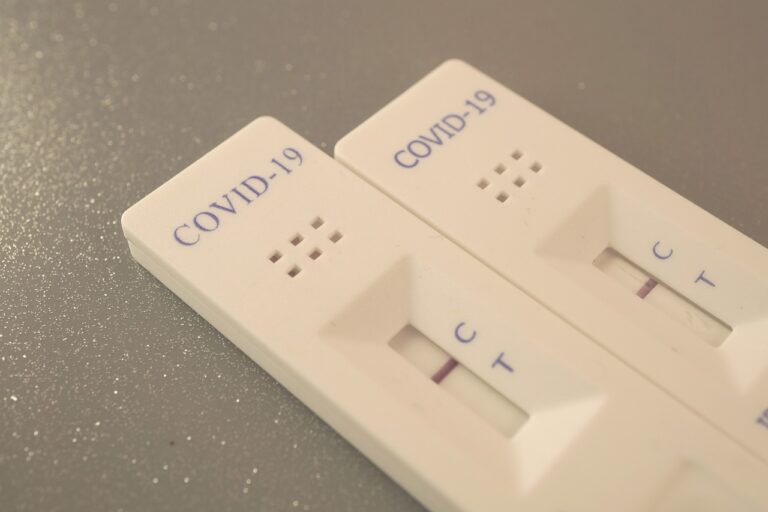Substance Abuse Prevention and Treatment for Individuals with Disabilities
betbhai 9, playexch, gold365.win login: As a society, we often overlook the unique challenges that individuals with disabilities face when it comes to substance abuse prevention and treatment. People with disabilities are at a higher risk of developing substance use disorders, yet they often have limited access to appropriate prevention and treatment options. In this article, we will explore the specific needs of individuals with disabilities in relation to substance abuse and discuss strategies for prevention and treatment.
Understanding the unique challenges
Individuals with disabilities face a myriad of challenges that can contribute to their risk of developing substance use disorders. These challenges may include physical limitations that make it difficult to access support services, communication barriers that hinder their ability to seek help, and social isolation that can lead to feelings of loneliness and depression. Additionally, individuals with disabilities may experience chronic pain or other medical conditions that make them more likely to misuse prescription medications.
Prevention strategies
Prevention is key when it comes to addressing substance abuse in individuals with disabilities. One important prevention strategy is to provide education and awareness campaigns specifically tailored to this population. These campaigns can help individuals with disabilities understand the risks associated with substance abuse and provide them with information on how to seek help if they are struggling with addiction.
Another important prevention strategy is to ensure that individuals with disabilities have access to appropriate support services. This may include access to substance abuse counselors who are knowledgeable about the unique needs of this population, as well as peer support groups where individuals can connect with others who are facing similar challenges.
Treatment options
When it comes to treating substance use disorders in individuals with disabilities, it is essential to take a holistic approach. This may involve addressing both the physical and mental health needs of the individual, as well as providing support services to help them overcome any barriers to treatment that they may be facing.
One important aspect of treatment for individuals with disabilities is the need for personalized care. Treatment plans should be tailored to the specific needs of the individual, taking into account their disability, medical history, and any other factors that may impact their recovery. Additionally, it is important for treatment providers to collaborate with other healthcare professionals, such as physical therapists or occupational therapists, to ensure that the individual receives comprehensive care.
FAQs
Q: What are some common risk factors for substance abuse in individuals with disabilities?
A: Common risk factors may include physical limitations, communication barriers, social isolation, and chronic pain or medical conditions.
Q: How can I support a loved one with a disability who is struggling with substance abuse?
A: Offer your support and encouragement, educate yourself about their specific needs and challenges, and help them access appropriate treatment and support services.
Q: Are there specific treatment programs available for individuals with disabilities?
A: Yes, there are treatment programs that are specifically designed to meet the needs of individuals with disabilities, such as specialized counseling services and peer support groups.
In conclusion, substance abuse prevention and treatment for individuals with disabilities requires a tailored and holistic approach. By addressing the unique challenges that this population faces and providing them with appropriate support services, we can help individuals with disabilities overcome substance use disorders and live healthier, happier lives.







